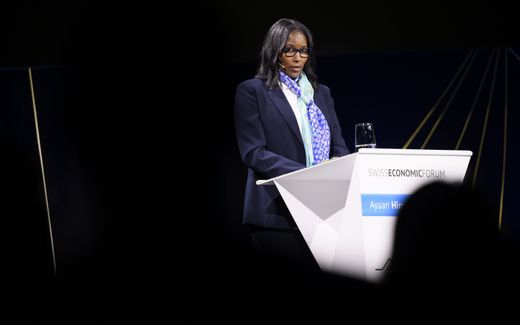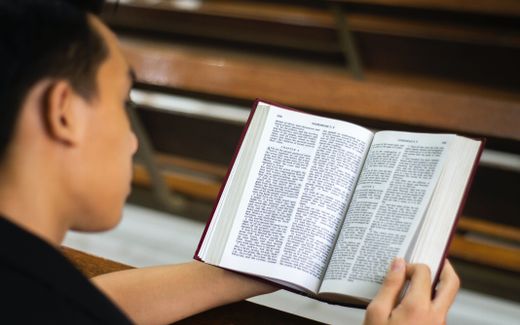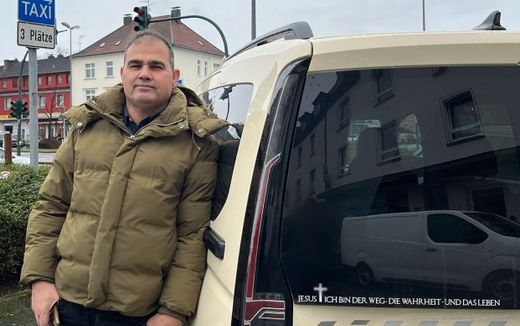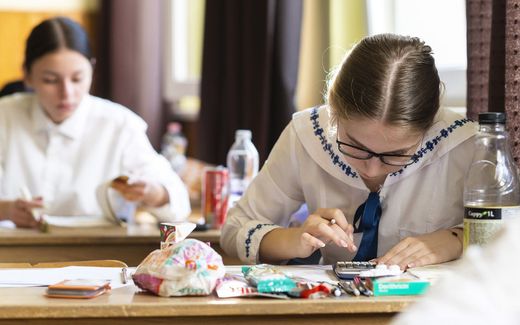Documentary shows: Christian students are reluctant to reveal their faith
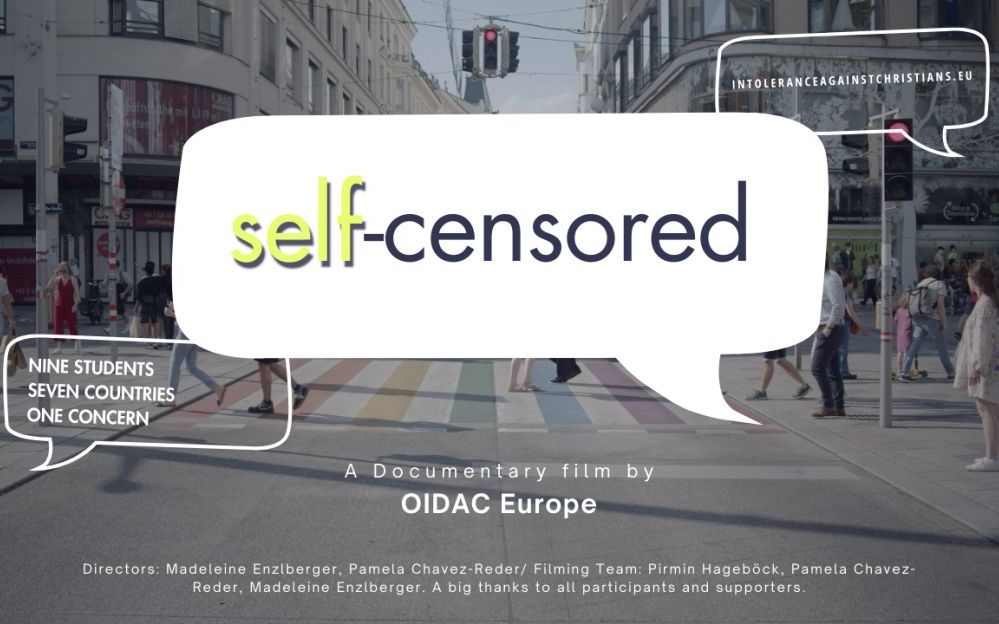
OIDAC produced a documentary about Christian students and their openness about faith. Photo OIDAC
European Union
Yes, I kept my mouth shut when I had to speak. All nine students admit it in the new documentary “Self-Censored”. The Christian faith is vital to all of them. But talking about it with non-believers is sensitive. Let alone witnessing.
The nine students are at universities in seven European countries. The group is meeting for a weekend in the Austrian capital, Vienna. There is the office of the organisation Observatory on Intolerance and Discrimination against Christians (OIDAC). Last week, the documentary was presented.
The camera follows the students on their walk through (a bright and summery) Vienna, while playing sports in the park and reading the Bible in the silence of their room. The film includes individual interviews and joint conversations around a dinner table. The language of the documentary is English.
Almost all the nine students have different backgrounds: Protestants and Roman Catholics from various countries. But so much recognition grows from the conversations that the Austrian Markus suddenly exclaims, “Faith is so important to us and our society, yet we find it so hard to speak out for it.” The others nod. “On matters of faith, I only speak to people I really know,” adds the American Danny.
They also have their reasons for this. Yusuf is originally from northern Nigeria. There, he was used to posting an occasional Bible text on Facebook. Within his community, that was normal. As he prepared to study in Hungary, he noticed that in Europe, it is preferred to keep your faith to yourself. For this reason, he still hesitates to post texts.
In her group in Spain, Mafe was the only one to speak out against abortion. This not only earned her misunderstanding but also death threats. For a month, she went home under police escort.
Mary, from Northern Ireland, also received death threats at her university in Scotland because of her pro-life activities. The university even actively worked against spreading her views.
Almost throughout, the students are speaking in the documentary. Only occasionally does the commentary voice interrupt. Usually explaining the value of freedom of speech and the exquisite role universities have in it.
However, research shows that it is precisely at universities that self-censorship flourishes. Lecturers express their atheism generously. “The Christian faith is portrayed as outdated and ridiculed,” Markus said at the (German-spoken) discussion at last week’s presentation. “That makes it difficult to express yourself critically during college. I think it is forgotten that there would have been no universities without the church.”
One of the problems is the phenomenon known as postmodernism. In it, there is no longer any truth.
One absolutism still exists: caring for victims, said the Belgian Simon De Keukelaere during the podium discussion. “This is why we are against discrimination. Women’s studies also stem from this. Of course, as a Christian, you know that victimhood ultimately goes back to the cross of Christ. Secular culture gives it its own interpretation.”
He referred to the author G. K. Chesterton, who wrote: “The modern world is full of the old Christian virtues gone mad. The virtues have gone mad because they have been isolated from each other and are wandering alone.”
Subculture
The strength of this documentary lies in the recognition. The backgrounds of these students are so diverse that you cannot blame their timidity on their subculture. They all recognise that what is most precious to you is also the most vulnerable and easiest to keep to yourself. Belgian Wouter puts it into words: “As soon as you notice that someone has different beliefs, you instinctively keep your mouth shut.”
At the presentation, Markus comes up with the key for this. “Jesus is the Way, the Truth and the Life. Let us express the joy of that at the uni.”
Related Articles


